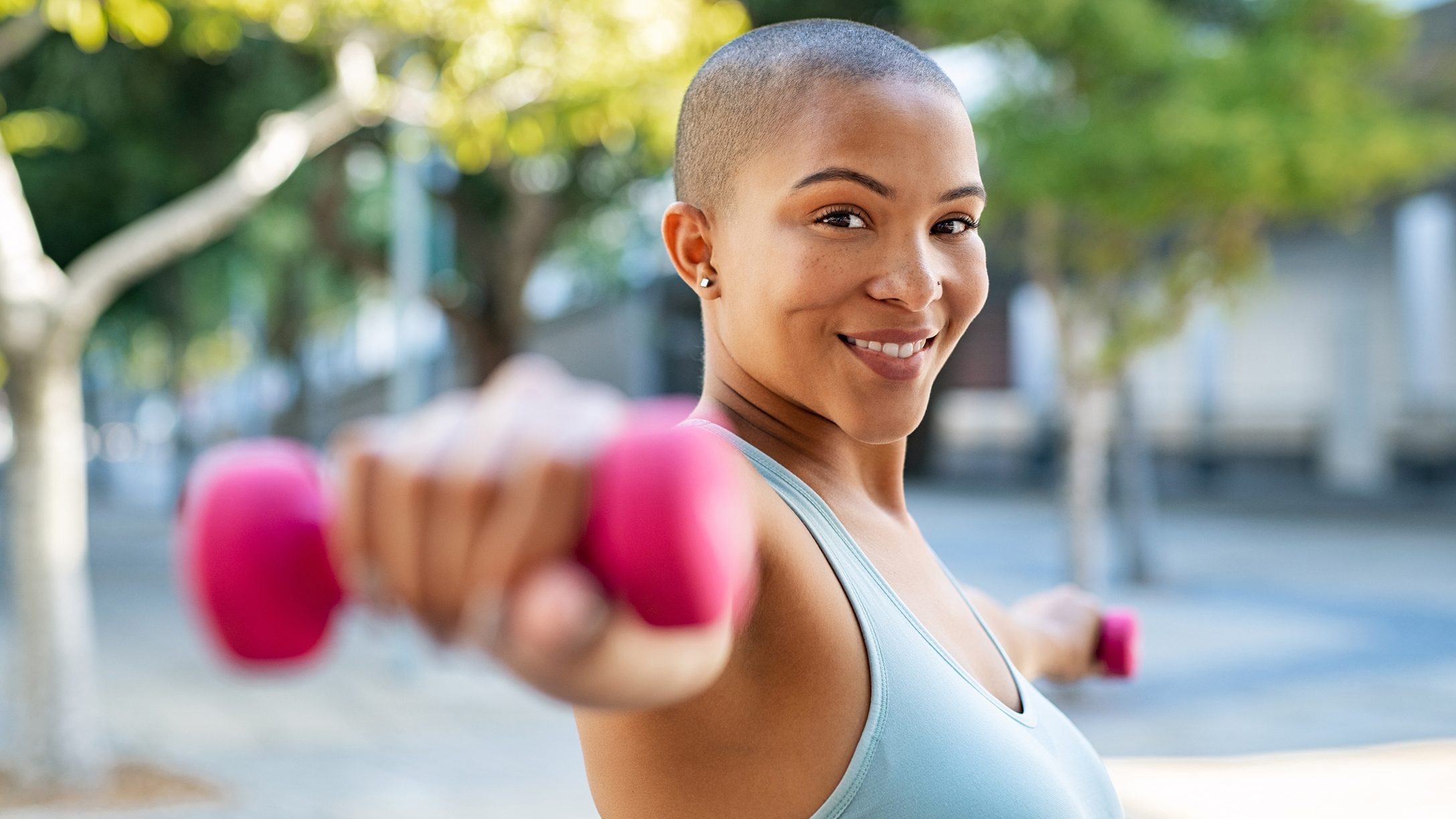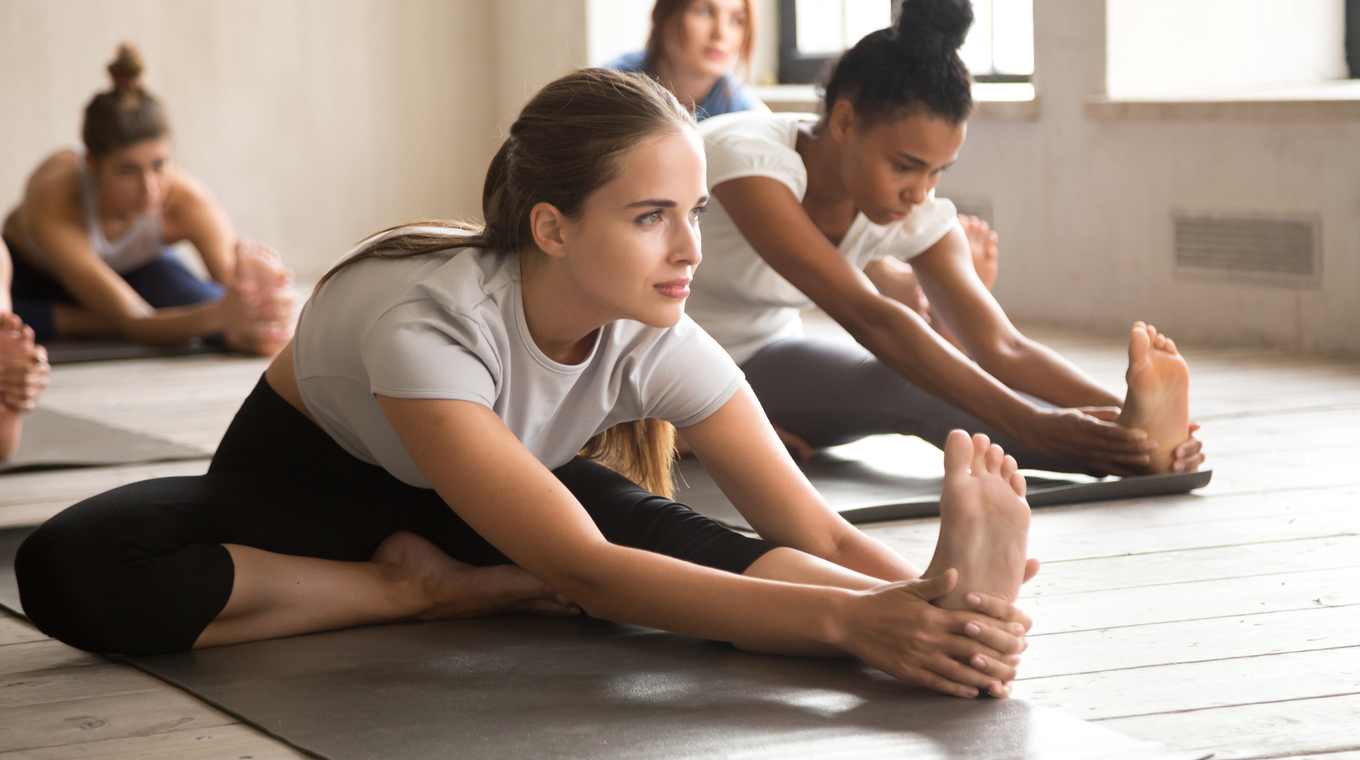
In this article
There's no shortage of theories about what you should and shouldn't do when you're trying to get pregnant. A lot of these theories have to do with lifestyle: diet, exercise, sleeping positions, etc. Some of the advice may improve your chances of conceiving, but there's no one-size-fits-all prescription when it comes to fertility, and that's especially true of exercise. Still, research suggests there is a link between physical activity and reproductive health, even if we don't entirely understand it yet. Here's what you need to know.
What to know about exercise to boost fertility

The first thing you need to know is that exercise is not a magic pill when it comes to fertility. Your ability to conceive depends on a variety of factors, so while exercise may benefit your overall health and, subsequently, your fertility, it's certainly not a guarantee of anything.
Secondly, research suggests that too much exercise could actually hurt rather than help your chances of conceiving. In one 2012 study published in Fertility and Sterility, women who said they engaged in vigorous exercise for five or more hours a week were less likely to become pregnant in any given month than inactive women. Moderate exercise, on the other hand, was associated with increased fertility rates and decreases in time to conception.
Fertility exercise do's and don'ts

Do talk to your doctor
It's always a good idea to consult your personal physician before starting a new exercise program, and it's especially important if you're pregnant or trying to become pregnant. Your doctor may be able to give you personalized advice based on your health history, current fitness level, and other factors.
Don't overdo it
According to the American College of Obstetricians and Gynecologists (ACOG), "exercising too much may be associated with infertility." So, how much is "too much," exactly?
Dr. Richard J. Paulson, director of USC Fertility at the University of Southern California, says it may be a matter of intensity rather than duration. "Extreme exercise, where you're straining the body, puts stress on the body that can be perceived by the brain as too stressful to allow ovulation to occur," Dr. Paulson told The New York Times, later adding, "People who exercise at a more moderate pace may be OK, but competitive athletes who really push themselves are the ones who will often have suppressed reproductive function."
Again, though, what's "extreme" for one person may be less so for someone else, so it's important to talk with your doctor about what's right and/or safe for you.
Do make sure you're eating enough
According to one 2016 study from researchers at Pennsylvania State University, it's not necessarily vigorous exercise itself that triggers "reproductive dysfunction" and "menstrual disturbances." Rather, it's "the development of an energy deficiency as a result of inadequate energy intake to compensate for exercise energy expenditure." In other words: You need to eat enough calories to make up for the calories you're burning.
Exercises that may help boost fertility

There isn't necessarily one exercise, or even one type of exercise, that's been proven beneficial to a woman's fertility. Nor is there one exercise that's been proven harmful. It all depends on your personal health and fitness.
"I would not want to pick a single exercise because it is very individual," fertility expert Emma Cannon explained to Cosmopolitan UK. "The most common exercises I ask women to stop or reduce tend to be the ones that overheat or overstress the body: running, Bikram yoga, spinning, etc. That said, there will be people reading this for whom these exercises have been beneficial. It's hard to generalize, which is why all my programs are aimed at the individual."
One type of exercise that many people recommend? Regular (non-Bikram) yoga. Some studios and clinics even have classes geared specifically toward women who are trying to conceive.
There's not much research on how or even if yoga impacts fertility, but experts say it has other benefits, such as stress relief, that can help women deal with the sometimes difficult process of starting a family.
"Throughout my entire career, I've felt that yoga is a great component for women trying to get pregnant," Dr. Alice Domar, director of integrative care at Boston IVF, told Today. "Especially if a woman is doing IVF, it behooves them to do some kind of intervention to lower their stress levels."
If nothing else, you may find a community of other hopeful moms-to-be. That's what mom Yasaman Dekhordi discovered when she started taking fertility yoga classes in Maryland in 2017.
"All the ladies who attended were experiencing the same feelings, and going through different steps of the journey, which in ways helps you on your journey," Dehkordi told Today writer Gabrielle Frank at the time. "The best part — we felt like we weren't alone."




